
Higher Education Opportunities
Becoming a Dual Credit Adjunct
What does it take to become a TCC Dual Credit Adjunct teacher in BISD?
Friends of Texas Public Schools TEA releases 2016 accountability ratings
The Texas Education Agency (TEA) today released the 2016 state accountability ratings for more than 1,200 school districts and charters, as well as more than 8,600 campuses statewide. The ratings reveal that approximately 94 percent of school districts and charters across Texas have achieved the rating of Met Standard.
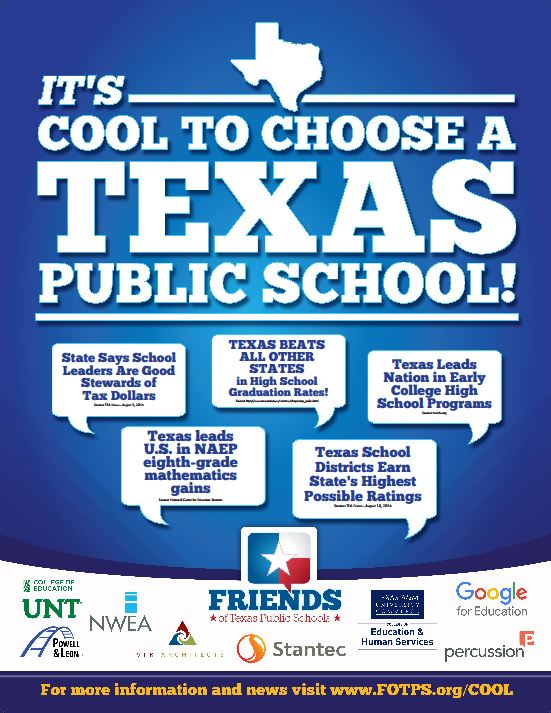
Daylight Saving Time Ends Nov. 6

Daylight Saving Time 2016 ends on Sunday, Nov. 6 at 2 a.m. Turn your clocks back one hour.
Blended Learning: Thoughts from Blended Learning Teachers

Tools I have implemented in my classroom

Stations
- Using stations this week in the classroom.
- Station 1- Nonfiction pieces to better understand main idea and important details. QR codes are used to quiz students on Google Forms. Bonus: It grades them for me!
- Station 2- NoRedInk students get a better understanding of where they are in their writing.
- Station 3- Book club students will read, conference with me, book talk, and/or complete reader responses.
~ Angela Gruver, Richland High School
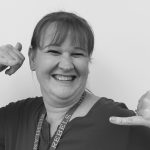 This has been an amazing journey so far! I have found it easier to let the students be the leaders of the classroom and they have really approached the challenge with vigor. At the beginning of the year, I found it difficult to do this, but my students have shown me that as long as they know I’m there to help them over any bumps, they enjoy being in charge of the pace of their learning. I have also enjoyed being able to work with small groups and the students who struggle the most with the skills we focus on in that unit.
This has been an amazing journey so far! I have found it easier to let the students be the leaders of the classroom and they have really approached the challenge with vigor. At the beginning of the year, I found it difficult to do this, but my students have shown me that as long as they know I’m there to help them over any bumps, they enjoy being in charge of the pace of their learning. I have also enjoyed being able to work with small groups and the students who struggle the most with the skills we focus on in that unit.
~ Heather Palmer, Richland High School
BISD Portrait of a Graduate
Are we getting our students ready for college, career, and life?
Join us for Twitter chats in November as we take a deep dive into the BISD Portrait of a Graduate and discuss how to help our learners be FUTURE READY.

Board of Trustees Meeting Summary
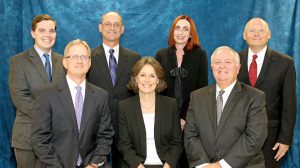
The Board of Trustees met in regular session on Thursday, October 27. The following link will provide you a summary of actions taken at their meeting.
BISD Board Approves District of Innovation Plan
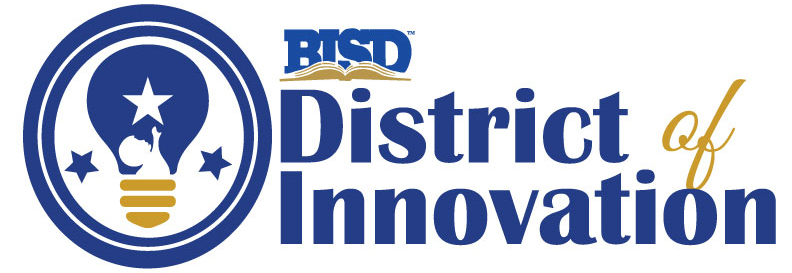
On October 27, 2016, Birdville ISD’s Board of Trustees unanimously voted to become a District of Innovation (DOI). A District of Innovation is a concept passed in the 84th Texas Legislative Session in House Bill 1842 that gives traditional independent school districts most of the flexibilities available to Texas’ open enrollment charter schools. To access these flexibilities, a school district must adopt an innovation plan, as set forth in Texas Education Code chapter 12A.
BISD adopted an innovative plan that allows the District to be exempt from:
- Minimum attendance for class credit or final grade;
- First day of instruction requirements (allowing school to begin earlier in August); and
- Length of school day requirements (awarding a student credit based on mastery of content as opposed to simply meeting class time).
“The District of Innovation is an avenue to allow flexibility so our educators can better meet the needs of our students,” said Superintendent Dr. Darrell G. Brown.
To learn more about BISD’s District of Innovation Plan, visit birdvilleschools.net/innovation.
BISD Board Approves STEM Certification Plan
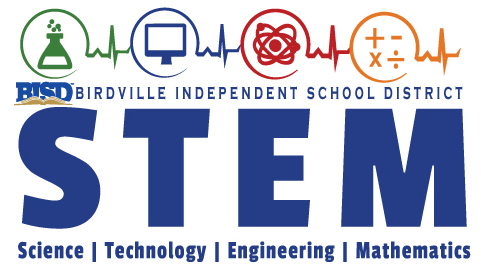
Trustees also voted to move forward with having North Richland Middle School designated as a certified Science, Technology, Engineering and Mathematics (STEM) campus. In order to qualify as a STEM-certified campus, all of the math and science teachers will be immersed in a year-long training experience that assists them in understanding and aligning their practices to the research which defines quality STEM instruction. Training for staff includes face-to-face and online sessions, as well as onsite coaching visits by STEMscope consultants.
Dr. Elizabeth A. Clark, Associate Superintendent for Curriculum and Instruction, said, “Birdville ISD wants to embrace, implement and support innovative approaches that expand the opportunities for students and staff to personalize and enrich learning that goes beyond what the state uses in accountability.”


